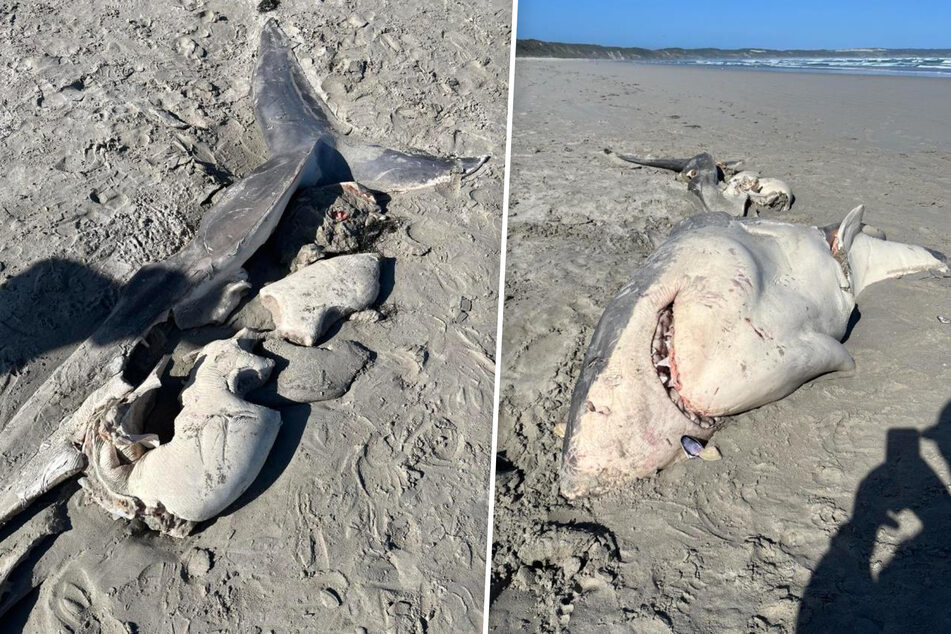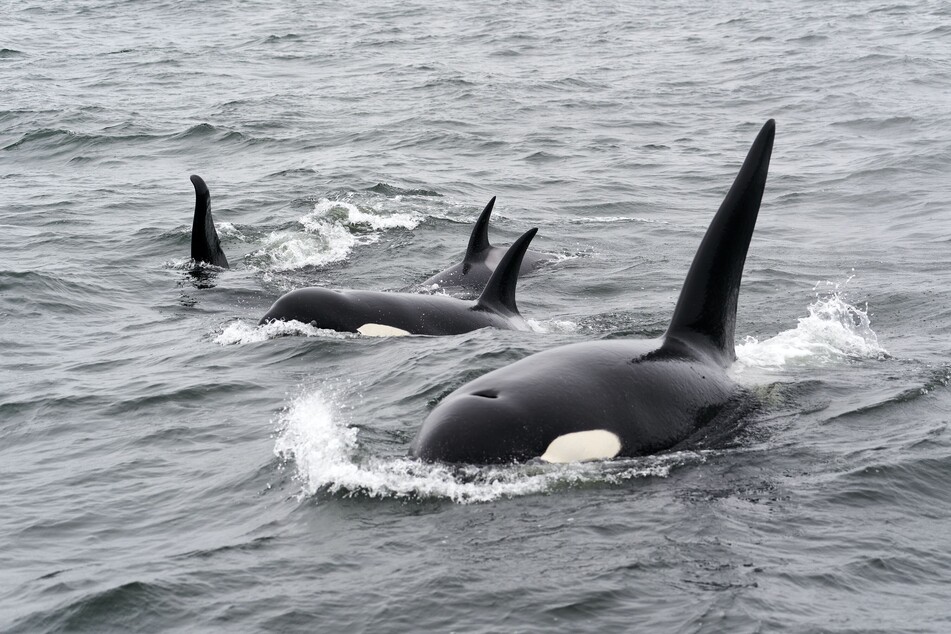Great white shark carcass causes a stir
Bridgewater, Australia - A great white shark, one of the most feared predators in the world, was found dead on an Australian beach. The find shocked scientists, who raced to figure out what killed the animal.

Weeks after a dead great white shark was found on a beach in the Australian town of Bridgewater, scientists at Deakin University were able to tell the public who killed the beast by using sophisticated DNA analysis.
"This is equal parts cool and terrifying," the Portland Bait and Tackle store's Facebook page gushed in mid-October when they first shared pics of the lifeless predator. The tackle shop estimated that the shark was over ten feet long and that it was killed by a pod of killer whales – and it turns out that they were right!
According to researchers, the shark was killed by a group of orcas, also called killer whales.
"In inspection of the shark, there were really characteristic bite marks right in the pectoral girdle, so right between the fins under the belly, that are quite typical of killer whales, where they effectively suck out the liver," Adam Miller, Professor of Aquatic Ecology and Biodiversity at Deakin University, recently told ABC Radio Melbourne. He added that killer whales are "really picky" eaters.
Professor Miller and his team were able to swab the bite marks on the 16-foot shark carcass for DNA and "were able to confirm that these bite wounds were just loaded with killer whale DNA," explained Miller.
Killer whales have begun to hunt great white sharks

Professor Miller explained that groups of killer whales, or orcas, have started hunting great white sharks over in South Africa.
The Bridgewater shark carcass is the first evidence of this kind of behavior in Australia, however, making the strange beach find a fairly revolutionary scientific discovery!
The scientist added that this new hunting behavior "has led to a significant decline in numbers and a displacement of individual white sharks."
The decrease in great white sharks is a shocking and serious development for the scientific community.
"When you remove a top predator, this can have a measurable impact on the structure of marine ecosystems," the professor said.
Cover photo: Collage: Screenshots/Facebook/Portland Bait and Tackle

